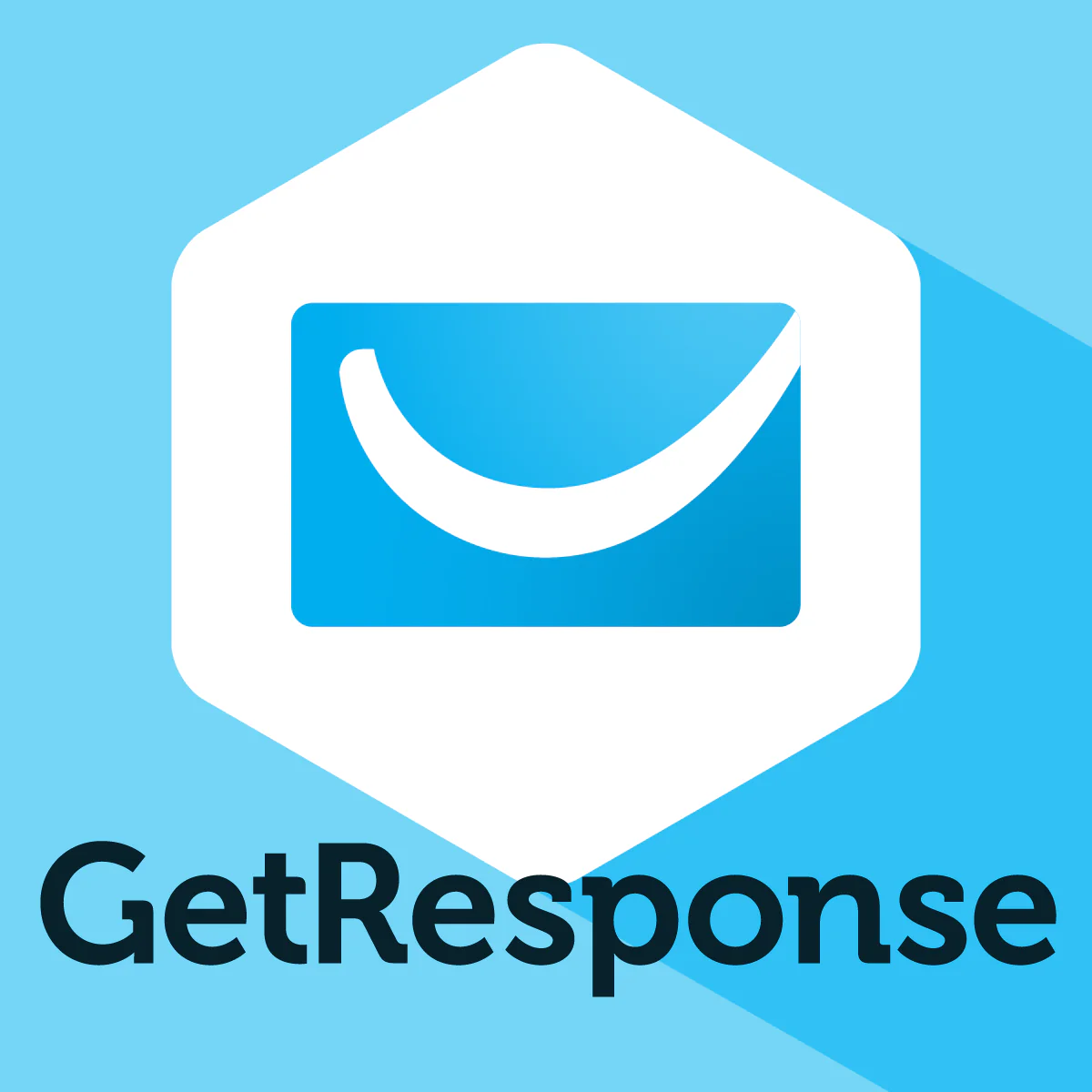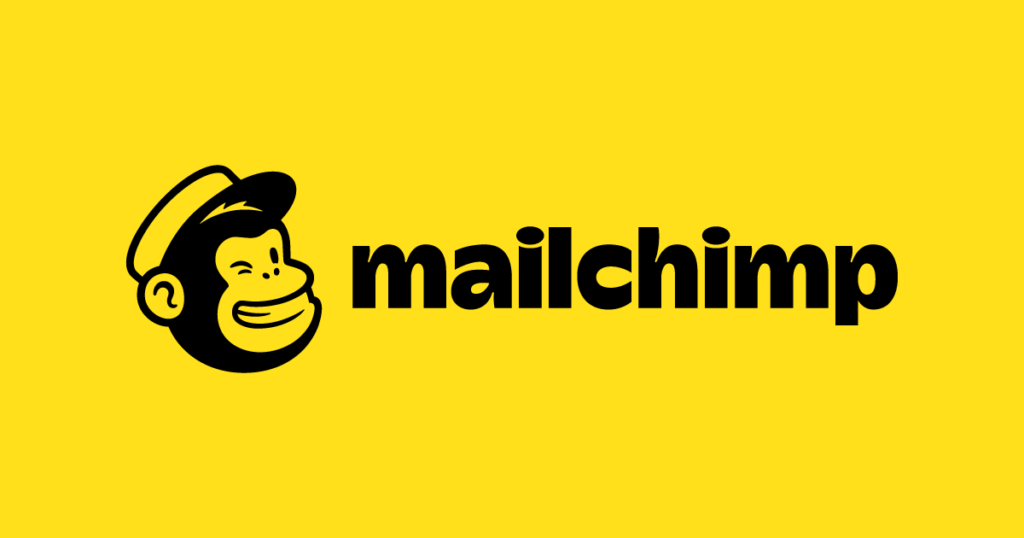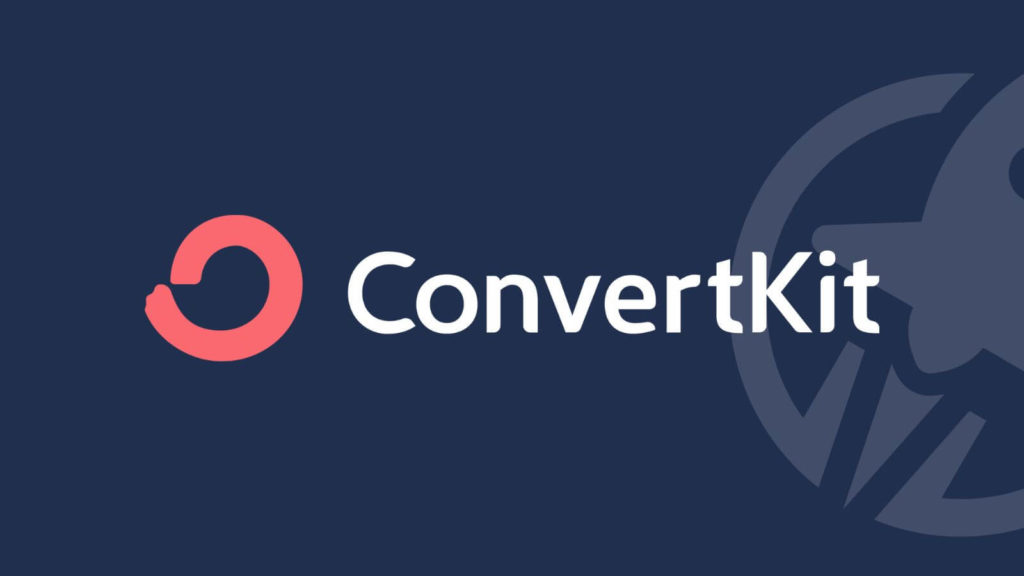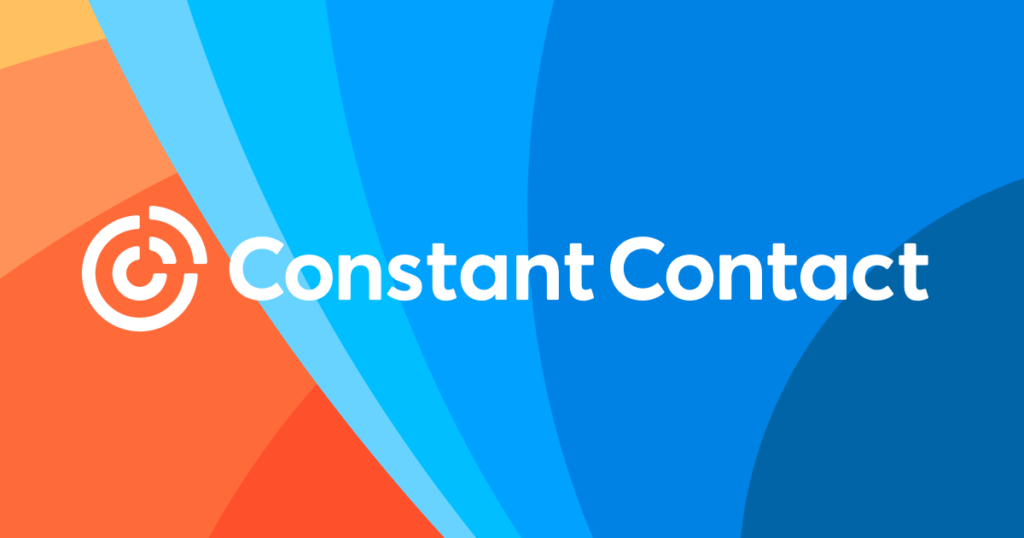Email marketing remains one of the most powerful tools for businesses to utilize in an attempt to engage with their audiences. Whether you’re running an e-commerce store, a blog, or a service-based business, reaching customers through their inbox can boost conversions, increase brand loyalty, and drive sustainable growth.
While many platforms offer email marketing services, each has its unique features. Today, we’ll explore some of the most popular email marketing platforms, and help you determine which one is best suited for your needs.
Why is Email Marketing Important?
Before we dive into specific platforms, let’s quickly go over why email marketing is still relevant in 2024:
- Direct communication: Emails go straight to your audience’s inbox, allowing for personalized and targeted messaging.
- Cost-effective: Compared to traditional marketing methods, email marketing provides an incredible ROI (up to $42 for every $1 spent, according to recent reports).
- Automation: Advanced platforms offer tools for automation, saving you time while nurturing leads and increasing engagement.
- Analytics: Measure open rates, click-through rates, and conversions to refine your marketing strategy.
Now, let’s take a closer look at the platforms that can help you achieve these goals.
1. GetResponse
GetResponse is more than just an email marketing platform; it’s a comprehensive marketing tool designed to help businesses build relationships with their customers.

Key Features:
- Email automation: Create custom workflows to automatically engage with leads based on their behavior (e.g., abandoned cart emails, or welcome series).
- Landing page builder: GetResponse offers a drag-and-drop builder, making it easy to design high-converting landing pages without any coding knowledge.
- Webinars: Unique to GetResponse, the webinar feature lets businesses host virtual events, making it a great choice for educators and coaches.
- Advanced segmentation: Segment your audience based on actions, demographics, or other metrics for highly targeted campaigns.
- Auto funnel: This feature lets users create a complete funnel from lead generation to sales, which can be ideal for businesses looking for more than just email marketing.
Pricing:
GetResponse’s plans are available for you to get started today for as low as $19/month for basic email marketing features, while its premium plans offer more advanced tools like marketing automation and webinars.
Pros:
- All-in-one marketing tool (landing pages, funnels, and webinars included).
- Easy-to-use templates and builder.
- Affordable for small to mid-sized businesses.
- Good for lead nurturing and sales funnels.
Cons:
- Advanced features may have a learning curve for beginners.
- Pricing can increase with larger email lists.
2. Mailchimp
Mailchimp is a well-known name in email marketing and is popular for its easy-to-use platform, especially among small businesses.

Key Features:
- Drag-and-drop editor: An intuitive design tool that allows users to quickly create professional-looking emails.
- Automation: Automate follow-up emails, send personalized messages, and trigger emails based on audience behavior.
- Detailed analytics: In-depth reporting on campaign performance.
- Integrations: Works seamlessly with e-commerce platforms like Shopify, WooCommerce, and others.
Pricing: Mailchimp offers a free plan with limited features, making it ideal for beginners, but pricing goes up as your email list grows. Paid plans start at $13/month.
Pros:
- Free plan available.
- Strong integration with other platforms.
- Great for beginners.
Cons:
- The free plan has limited functionality.
- Advanced automation is only available in higher-tier plans.
3. ConvertKit
ConvertKit is a powerful email marketing platform primarily aimed at content creators, bloggers, and marketers focused on building audiences.

Key Features:
- Visual automation builder: Simplifies the process of creating workflows, making it easy to nurture leads.
- Segmentation and tagging: ConvertKit allows you to easily segment your audience based on their behavior, or interests.
- Forms and landing pages: Create beautiful opt-in forms and landing pages to capture emails.
- Creator-centric features: Focused on helping creators monetize their audience through automated sales funnels and email courses.
Pricing: ConvertKit’s free plan includes up to 1,000 subscribers, with paid plans starting at $15/month.
Pros:
- Simple, easy-to-use interface.
- Great for bloggers, YouTubers, and creators.
- Effective automation features.
Cons:
- Not as feature-rich for e-commerce.
- Fewer templates compared to other platforms.
4. Constant Contact
Constant Contact is another user-friendly platform, known for its simplicity and reliability, making it perfect for small businesses.

Key Features:
- Email templates: Customize emails easily with hundreds of pre-designed templates.
- Automation: Send welcome emails, trigger campaigns based on actions, and segment audiences.
- Event management: A unique feature allowing businesses to manage event invites, RSVPs, and promotions via email.
- Social media integration: Easily create posts and manage social campaigns directly from the platform.
Pricing: Constant Contact’s pricing starts at $12/month, which scales with the size of your list and additional features.
Pros:
- Easy to use for beginners.
- Great customer support.
- Perfect for event-driven businesses.
Cons:
- Lacks advanced automation features compared to GetResponse, or ConvertKit.
- Pricing can be higher as your list grows.
Which Platform is Right for You?
When deciding on an email marketing platform, consider the following:
- Business Size: If you’re just starting, a platform like Mailchimp, or ConvertKit’s free plans might be the perfect fit. For larger businesses, GetResponse offers more advanced features like funnels and webinars.
- Goals: Are you primarily selling products, or are you focused on growing a blog, or personal brand? ConvertKit excels for content creators, while GetResponse is an all-in-one tool for e-commerce and service businesses.
- Budget: Many platforms offer affordable entry-level plans, but costs rise as your list grows, or as you need more features. Make sure the pricing fits within your budget.
Taking into account what is best for your business will aid in driving the conversation of what direction to move in with respect to email marketing platforms. Take a moment to decide how each website and its plans relate to your situation and use that as a building block to ultimately determine which platform is best suited for your professional requirements.





